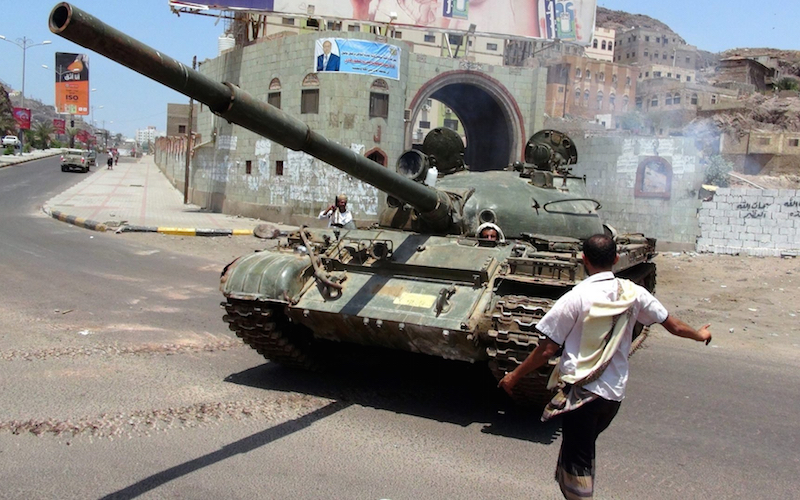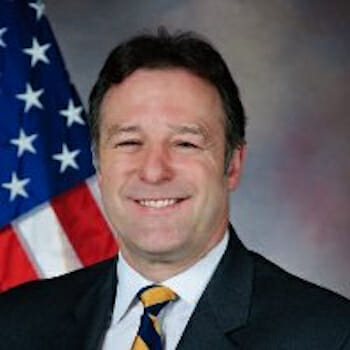
The Yemeni Patient
Since the capture of Sana’a by the Houthis on the 24th of December, Yemenis have lost their sense of security and their hope for any future. The Houthis repressed opponents, arrested many and destroyed their homes. Through fear, they cloaked a strategic silence. They detained youth demonstrating against them and they seized power by force. They detained the President and some cabinet members. They threatened and then attacked Saudi Arabia on the border. Despite air strikes, a humanitarian pause and more air strikes, they are still active.
Many were surprised by the rise of “Houthism.” Many think former President Ali Abdullah Saleh is behind much of it; he used the Houthis to achieve his goals. He did so to take revenge against political opponents who catalyzed the so-called Arab Spring in Yemen which led to his demise. Some say Saleh made Yemen unstable so people would remember the golden days of his 33 year rule! Some think Saleh orchestrated instability via the Houthis and played up Iranian influence to cause the Saudi-led intervention.
The Houthis militia were supported by Yemen’s Army loyal to Saleh, as they advanced towards Aden. Granted, the air strikes have succeeded in weakening the Houthis granted and somewhat dismantled the Army units by cutting off their lines of communication and limiting their movement.
However, both the Houthis and the Army are still strong and they are still fighting in Aden, Taiz, Marib and Alb-bydha.
The humanitarian strategic pause was used by Saleh in order to proceed with attacks against cities like Taiz, Aden and Mareb. And so the air strikes have begun anew and maybe more intensely than before. The resumption of the air strikes demonstrates an end to short-term hopes to reach a diplomatic solution. None of the combatants are preparing to halt the fighting. Rather, the violence has heightened in recent days and the stand-off has been cemented. The air strikes have not yet forced the warring factions to talk, although these same attacks have shaken the Saleh-Houthi grip on crucial Yemeni cities.
Resistance movements in cities are not strong enough to win; the power is still with the Houthis. The Saudi-led coalition seems unwilling to either send ground troops or equip the resistance; where would troops be sent and how can the coalition support resistance movements operating largely independently in small pockets in cities? Arming the resistance could only be effective if the coalition could guarantee they would disarm after victory and this is not historically likely for Yemen. It would be hard to control them and the loyalty to any future legitimate Yemeni government surely would be in question; like most Yemeni now, they would likely just keep fighting as land, power and fiscal opportunities present; yes, things could get even worse than they are now!
The news reports 100 Arabic Army troops in Aden infiltrated via the sea. This may link to an aspiration to transition to land based covert operations with the aim of linking and unifying the resistance movements. But what about the humanitarian situation? It seems to be as frightening as it is catastrophic and appalling. Cities in Yemen are in darkness. There is no fuel and it is really hard to get a bottle of cooking gas. There is a shortage of basic materials and food. What will it take before serious and responsible actions are taken additional to the palliative move to establish a center for relief; the humanitarian pause was not enough. The people are really suffering. If fuel is not soon made available, hospitals will shut down. The humanitarian situation is taking a devastating toll. If something does not happen quickly, the operation will be viewed a success, but the patient will be dead.

